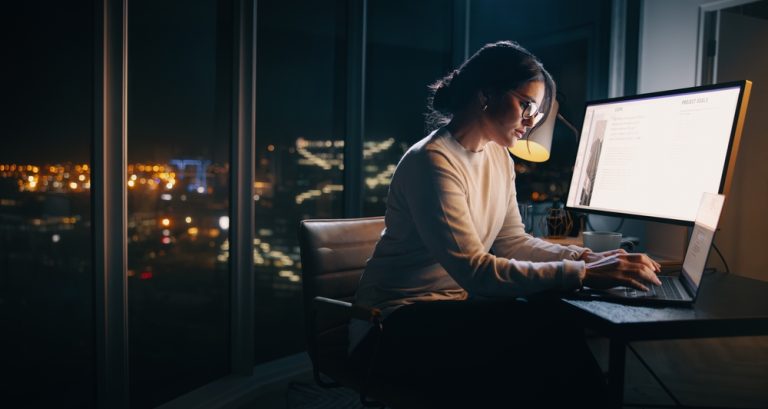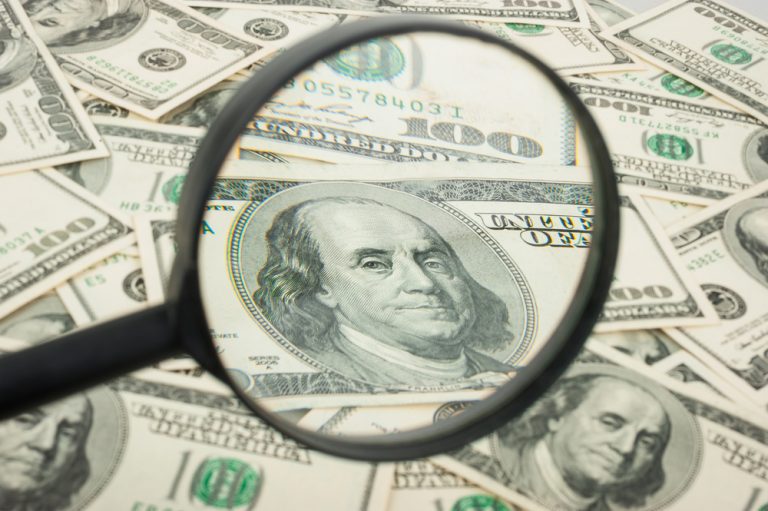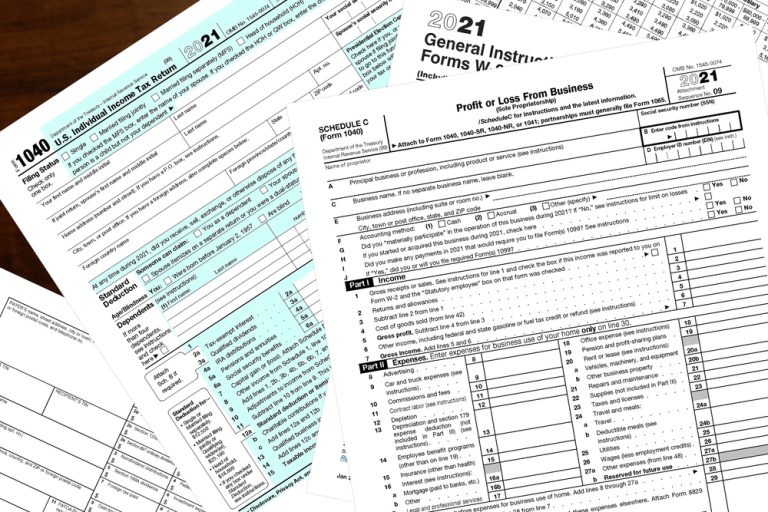Fifth DCA Reaffirms Protections Against Surprise Tactics at Trial
Fifth DCA Reaffirms Protections Against Surprise Tactics at Trial
This past January, Florida’s Fifth District Court of Appeal found that a trial court had committed reversible error by allowing a party to argue and present previously undisclosed expert testimony and evidence to the jury at trial. This decision should serve to reaffirm existing evidentiary protections intended to prevent “shock and surprise” tactics that would unduly prejudice a party.
In Doctors Co. v. Plummer, the Court held that the plaintiff’s presentation of previously undisclosed expert testimony and evidence related to a doctor’s prescription of a particular drug to the decedent in a medical malpractice case was unduly prejudicial to the defendant because the defendant did not have the opportunity to conduct discovery and call appropriate witnesses in response to the surprise testimony and evidence.
The plaintiff, as personal representative of the estate of the decedent patient, filed this wrongful death suit against the defendant insurer who was providing a defense on behalf of the doctor who treated the decedent. The decedent had presented to this doctor on multiple occasions complaining of ear pain. The doctor prescribed a particular drug to the decedent to address the ear issues during one of the visits.
Ultimately, the decedent developed serious complications from the ear issues and died while treatment was ongoing. Subsequently, the plaintiff filed the initial complaint, the parties completed basic and expert discovery, and the plaintiff moved to amend the complaint prior to the commencement of trial.
At no point in time prior to trial did the plaintiff put forth any allegations or testimony specifically pertaining to the doctor’s prescription of this particular drug and its use by the decedent. Further, the plaintiff never disclosed to the defendant her intention to present such evidence at trial.
At the trial, however, the plaintiff’s expert witnesses testified that the doctor improperly prescribed the drug to the decedent, and the plaintiff relied on this testimony in arguing to the jury in opening and closing remarks that the doctor breached her duty of care to the decedent by prescribing the drug for this particular condition. The trial court allowed the arguments and testimony to go forward over the objections of the defendant, and the jury ultimately returned a verdict in favor of the plaintiff.
In reversing and remanding this case for a new trial, the Court pointed to the standard trial courts should employ when determining whether undisclosed expert testimony such as this should be excluded on the grounds that it is unduly prejudicial to the opposing party, which was established by the Florida Supreme Court in Binger v. King Pest Control. The main consideration under that test is not how damaging the surprise testimony or evidence may be to a party’s case, but whether the fairness of the proceeding itself is substantially endangered.
Given that the plaintiff had several opportunities to disclose the adverse evidence prior to trial, the Court agreed with the defendant that it was unduly prejudiced by the surprise tactics. This decision should serve as a reminder that protections are in place to prevent unfair trial tactics.








